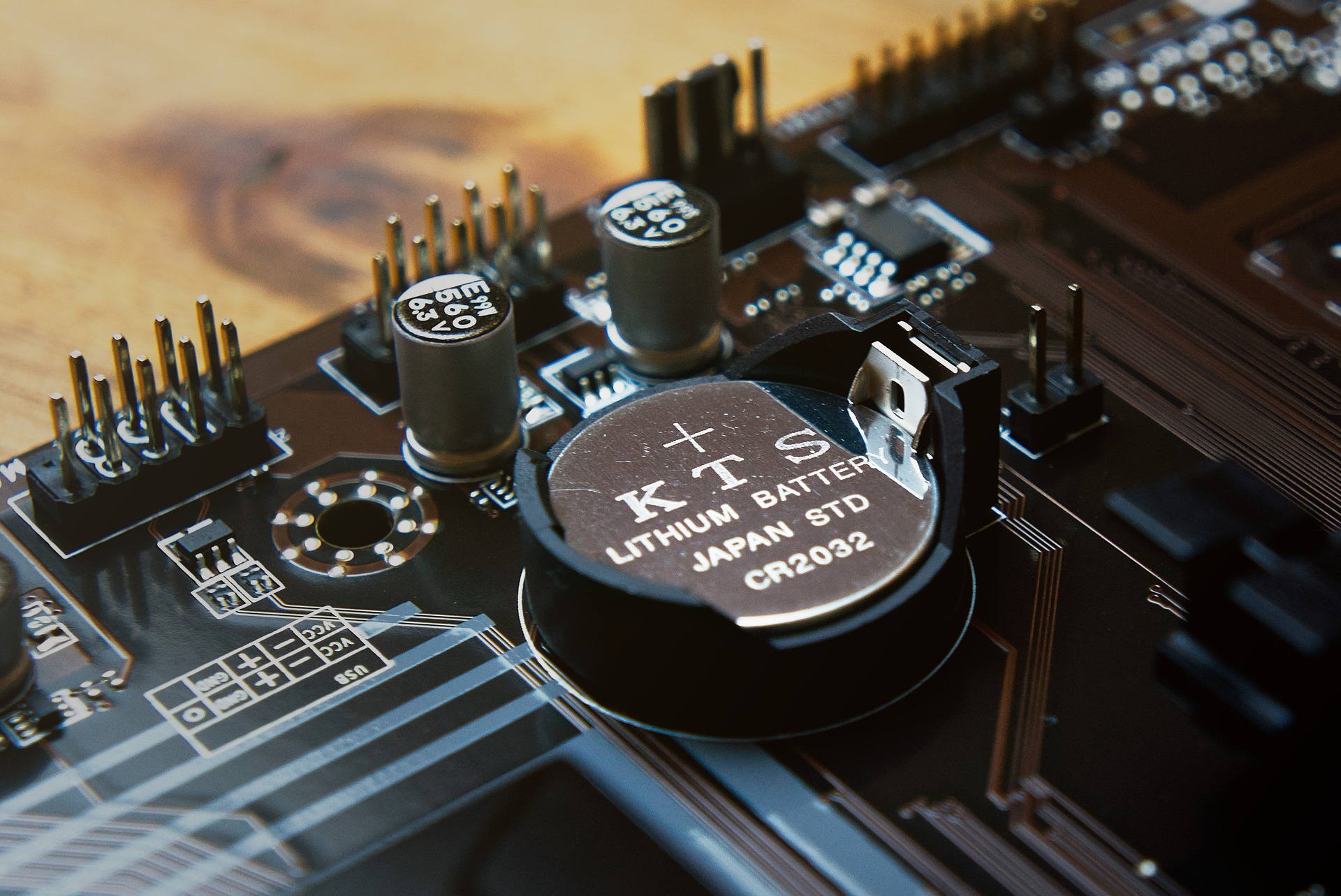When your only source of power is a lithium battery, the time you can go between charges is often on your mind. Will you make it through that presentation before your laptop dies? Or can you take that trip to Florida in your new EV car? Researchers at Yale University have been working towards the goal of making more stable, long-lasting batteries. Creating batteries that last longer will not only improve the lives of consumers who use technology on the go but would help keep battery use sustainable and less of a demand for rare earth metals.
Aakash Kumar, a postdoctoral associate in the Department of Mechanical Engineering and Materials Science, and his team collaborated on efforts that first involved work in the lab to find an ideal combination of material layers to maximize the stability and longevity of lithium batteries through the testing of these materials.
Purdue’s supercomputer, Anvil, was then used to aid in the calculations and analysis of the data the lab work produced. “In my mind, running calculations on Anvil is literally like striking a hammer,” says Kumar. “There is so much power.” He added that one of the features of Anvil, its large memory resources, was particularly useful for his research. “Because there is so much memory associated with each core, I can let them work on more memory-intensive problems.”
An allocation with ACCESS provides more than the hardware researchers need; ACCESS also offers the technical support scientists require to use these complex computer systems. Kumar was grateful for all the support he received while working on this project with his team. “I have to say that the support staff was amazing,” says Kumar.
You can read more about this story here (published March 20, 2023): Anvil helps Yale researchers in the search for batteries of the future
Project Details
Institution: RCAC (Rosen Center for Advanced Computing)
University: Yale University
Funding Agency: NSF
Grant Number: Anvil is funded under NSF award No. 2005632.
The science story featured here, allocated through August 31, 2022, was enabled through Extreme Science and Engineering Discovery Environment (XSEDE) and supported by National Science Foundation grant number #1548562. Projects allocated September 1, 2022 and beyond are enabled by the ACCESS program, which is supported by National Science Foundation grants #2138259, #2138286, #2138307, #2137603, and #2138296.


